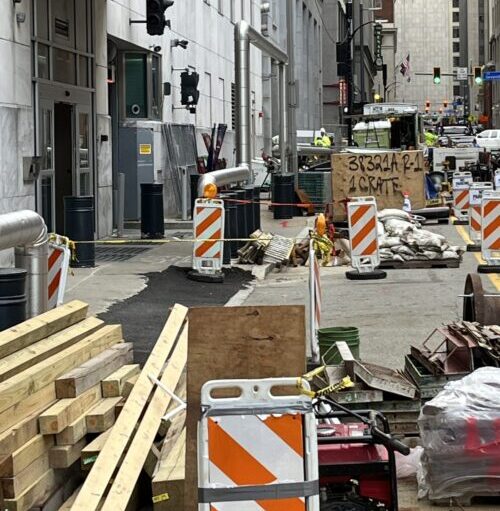Get Appointment
- contact@wellinor.com
- +(123)-456-7890
General Liability
The only way to effectively protect the assets of your business is to carry adequate commercial general liability (CGL) insurance coverage. CGL protects your business from damages caused by bodily injury or property damage for which your business is found to be legally liable.
What Does General Liability Cover?
A typical CGL policy provides coverage for claims of bodily injury or other physical injury, personal injury (libel or slander), advertising injury and property damage as a result of your products, premises or operations, and can be offered as a package policy with other coverages such as property, crime, automobile and more. As a safeguard against liability, CGL enables you to continue your normal operations while dealing with real or fraudulent claims of negligence or wrongdoing. CGL policies also provide coverage for the cost to defend and settle claims. Here is more detail into what a typical general liability policy may cover:
- Automatic additional insured: Coverage is provided for written contracts, agreements and permits.
- Personal and advertising injury: Protects against offenses made by you or your staff during the course of business, such as libel, slander, disparagement or copyright infringement in advertisements.
- Defense costs: Provides coverage for legal expenses for liability claims brought against your business, regardless of who is at fault.
- Medical expenses: Provides coverage for medical expenses if someone is injured on your premises or by your products.
- Premises and operations liability: Provides coverage for bodily injury and property damage sustained by others on your premises or in conjunction with your business operations.
- Products liability: Provides coverage for bodily injury and property damage sustained by others as a result of your products.

How Much Coverage Does Your Business Need?
The amount of general liability coverage that your business needs depends on three factors: perceived risk, where you operate your business and the type of products you manufacture.
- Perceived risk: Consider the amount of risk associated with your business operations and functions. For instance, if you manufacture heavy machinery you would generally need more coverage as compared to another organization that manufactures stuffed animals.
- Premises and operations liability: If you operate in a state that has a reputation for rewarding high damages, then you may wish to purchase higher limits of liability.
- Type of product manufactured: If you manufacture a dangerous product, you may want to carry higher limits of liability.
Remember, you can purchase an Umbrella Liability policy to help achieve the desired limit of liability. Reach out and we can have a more in-depth discussion about it!
